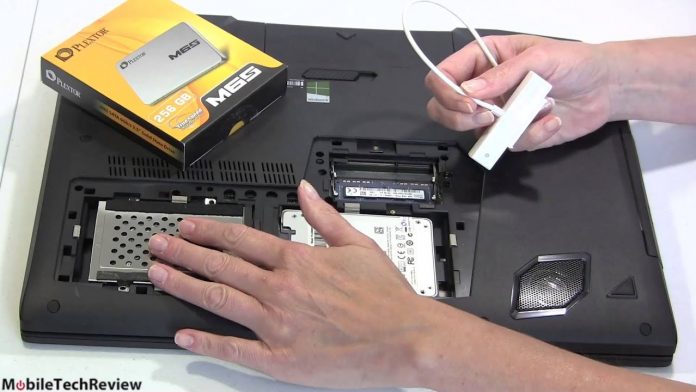Choosing the right amount of SSD storage for your laptop is a crucial decision that can have a significant impact on its overall performance. With the rapid advancements in technology, SSDs have become the preferred choice for storage due to their faster read and write speeds, enhanced durability, and lower power consumption compared to traditional hard disk drives (HDDs).
So, how much SSD is good for a laptop? Let’s explore the factors that can help you determine the optimal SSD capacity for your specific needs:
Consider Your Usage and Storage Needs
First and foremost, consider your typical usage patterns and storage needs. If you primarily use your laptop for general web browsing, document creation, and light multimedia consumption, a smaller SSD capacity, such as 128GB or 256GB, may suffice. However, if you engage in resource-intensive tasks like video editing, gaming, or running virtual machines, a larger SSD, such as 512GB or 1TB, would be more suitable to accommodate your storage requirements.
/SSD_vs_HDD-which_should_you_buy-Hero.jpg?width=1200&name=SSD_vs_HDD-which_should_you_buy-Hero.jpg)
Credit: www.avg.com
Evaluate Your Budget and Cost Considerations
Another crucial factor is your budget and cost considerations. SSDs with higher capacities often come with a higher price tag. Take into account the price difference between various SSD capacities and assess how much you are willing to invest in your laptop’s storage. Consider the cost per gigabyte and weigh it against your budget to strike the right balance between performance and affordability.
Assess the Compatibility with Your Laptop
Before making a decision, it’s essential to assess the compatibility of different SSD capacities with your laptop. Some laptops may have limitations on the maximum SSD capacity they can support. Ensure that the SSD you choose is compatible with your laptop’s interface (SATA or PCIe) and physical dimensions. Additionally, consider any potential space constraints within your laptop for accommodating larger SSDs.

Credit: www.pcworld.com
Plan for Future Expansion and Upgrades
Future expansion is a critical consideration when selecting the right SSD capacity for your laptop. As the size of applications, games, and multimedia files continues to grow, having additional storage space can prevent the need for frequent upgrades or external storage solutions. Investing in a slightly larger SSD than your current needs can provide a buffer for future storage requirements and ensure long-term usability without the hassle of immediate upgrades.
Weigh the Benefits of SSD Over HDD
Comparing the benefits of SSD over HDD can also influence your decision on the right SSD capacity for your laptop. While SSDs exhibit remarkable performance improvements in terms of boot times, application loading, and overall system responsiveness, they have limited write endurance and may degrade over time with extensive use. Therefore, choosing an appropriate SSD capacity that aligns with your performance expectations and longevity considerations is paramount.
Final Thoughts
Ultimately, the ideal capacity for an SSD in a laptop depends on your unique usage, budget, compatibility, future expansion plans, and the benefits of SSD technology. By carefully evaluating these factors, you can make an informed decision to select the right SSD capacity that strikes a balance between performance, cost, and longevity for your laptop.
Frequently Asked Questions For How Much Ssd Is Good For A Laptop?
Is 256gb Ssd Enough For A Laptop?
A 256GB SSD is generally enough for a laptop. It provides sufficient storage for essential files, programs, and operating system, while ensuring faster boot-up and data transfer speeds. However, if you plan on storing a large amount of media files or games, you may consider opting for a higher capacity SSD.
What Is A Good Amount Of Ssd Storage For A Laptop?
For a laptop, a good amount of SSD storage is typically between 256GB to 512GB.
Is 512gb Ssd Enough For A Laptop?
Yes, 512GB SSD is sufficient for most laptop users, providing adequate storage space and fast performance.
How Much Ssd Can I Put In My Laptop?
You can typically add a 1TB SSD to your laptop. Some laptops support up to 2TB.

